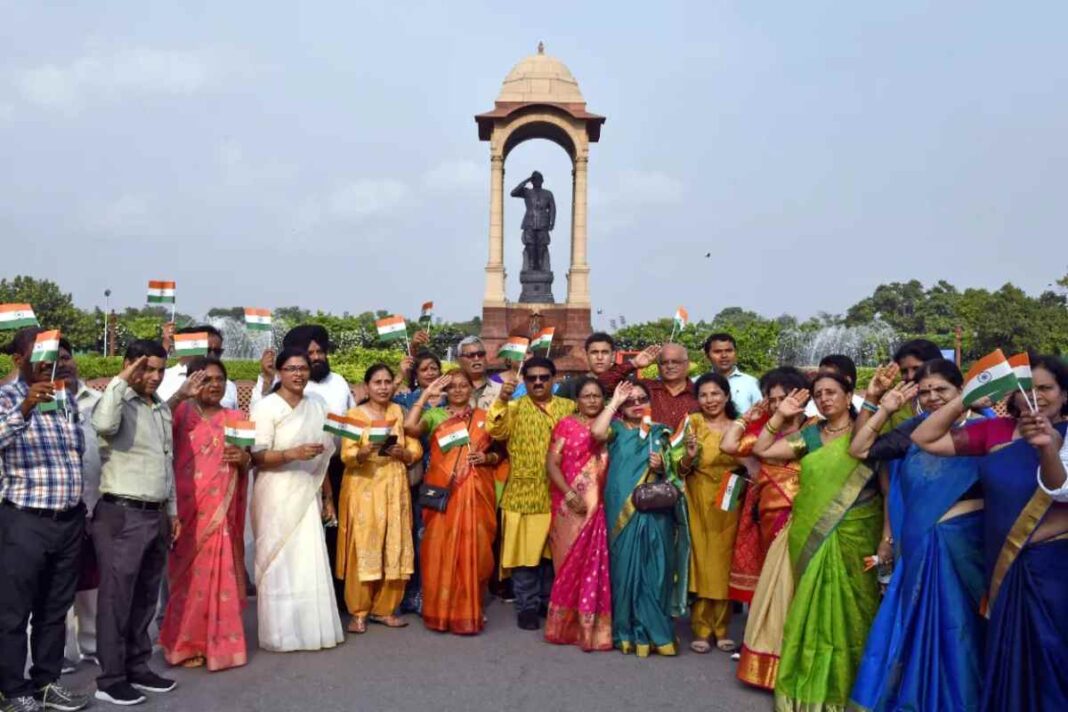The rapid adoption of secularism after India’s independence was a response to the growing politicization of religious practices inside the country. It was incorporated in the 42nd Amendment of the Constitution to accommodate the various religious landscape of the nation. Nevertheless, secularism has ignited discussions that are still pertinent in modern times since it was first introduced.
Reasons for and Against Secularism
Many Indians question the need to include secularism in the Constitution. Many in India believe this provision is necessary to protect the rights of all individuals due to the country’s rich cultural variety. On the other hand, detractors contend that secularism has not fulfilled its intended objective and has even harmed conventional ways of tolerating religious views.
Problems with and Rebuttals to Secularism
Secularism, although formalizing tolerance processes, couldn’t mesh well with India’s fundamentally religious culture. This led to disputes on whether replacing conventional conceptions with alien ideas was a mistake. Religion is deeply ingrained in Indian society, in contrast to the secularism that developed in Western nations because of declining religiosity.
In addition, religious tolerance and understanding in India go back thousands of years. Even during the deliberations in the Constitutional Assembly, ideas like “Sarv Dharm Sambhav” were brought up, demonstrating that Indians have a profound grasp of pluralistic ideals.
The Road Ahead for Secularism in India
Secularism in India has issues owing to its collision with the strongly religious fabric of society. Attempts to mimic Western secularism have yet to be totally practical, resulting in a reevaluation of its application. The route ahead demands a delicate balance between honoring religious diversity and maintaining equality and peace among all groups. Ultimately, the objective is to develop a society where people may cohabit peacefully regardless of their religious views, drawing on India’s rich heritage of pluralism and tolerance.
For a detailed story, please visit: Awaz the voice
Also Read: Embracing Eternity: The Heartfelt Story of the Mini Taj Mahal in Guwahati, Assam
You can connect with DNN24 on Facebook, Twitter, and Instagram and subscribe to our YouTube channel.



